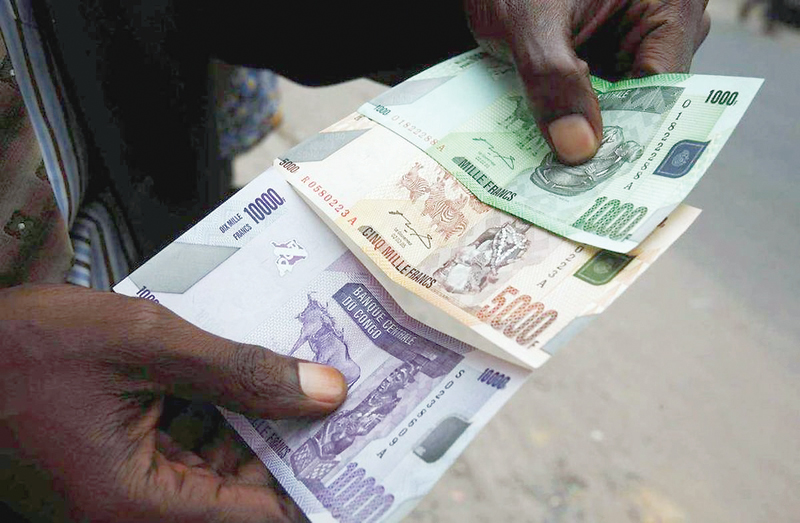

A Land of Many Potentials — is how DR Congo’s investment promotion agency touts the mineral-rich nation of 80 million people, just weeks away from crucial elections. Yet the business community’s wish list is frighteningly long in a country that is synonymous with corruption, according to its Transparency International profile, which ranked it 161 out of 180 countries last year.
The gap between potential and the current state of affairs poses a daunting challenge for whoever succeeds President Joseph Kabila in the December 23 presidential poll.
Major progress is needed on all fronts from agriculture, electricity, roads, customs tariffs and fiscal policy to tackling endemic corruption.
Business leaders say people are crying out for a savvy leader in a country ranked 176 on the Human Development Index by UNDP.
“He must learn to manage the country like a business. We have excelled in political politics rather than a realistic economic policy producing wealth,” businessman Yves Kabongo told a recent investment forum as the nation approaches the end of the Kabila era that has stretched almost two decades.
The next head of state must “avoid making political arrangements and instead choose expertise”, insisted Alain Kahasha, director of the Congolese branch of Indian telecoms operator Airtel.
DR Congo is blessed with an abundance of mineral riches and fertile land but is one of the world’s poorest nations. Annual economic output totals just $457 per person or $1.25 per day. Economist Al Kitenge said a change in mindset is required.
“It’s time to think beyond the golden age of the mines,” he said.
The mining and export of cobalt, as well as copper, tantalum and gold, have been the biggest creators of wealth in the country.
But those riches have been a factor fuelling devastating conflicts and had “a perverse effect on all sectors”, said Kabongo.
He said country needs instead to focus on agriculture, which could help provide jobs for many more than the mining industry ever could and help reduce hunger.
The government estimates that a vibrant agriculture sector could provide jobs for more than two-thirds of the population, but at the moment only 10 per cent of land is used for farming.
Staples such as rice, maize, manioc and other crops grow profusely in the lush tropical climate.
Yet the state shells out more than $1 billion year to import basic foodstuffs. And many Congolese are very lucky if they manage to eat three good meals a day.
“Food self-sufficiency” has to be the goal, said Kahasha. — AFP
Oman Observer is now on the WhatsApp channel. Click here



